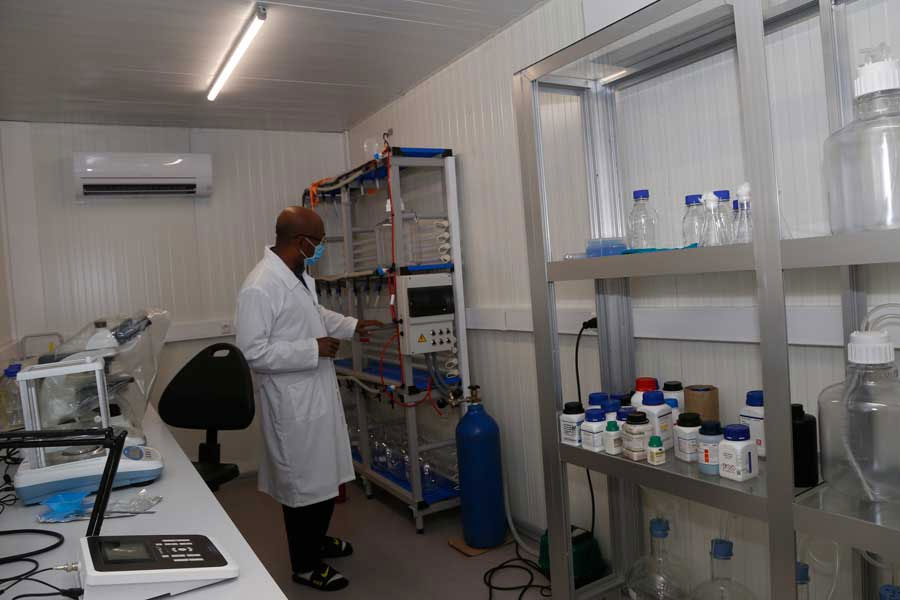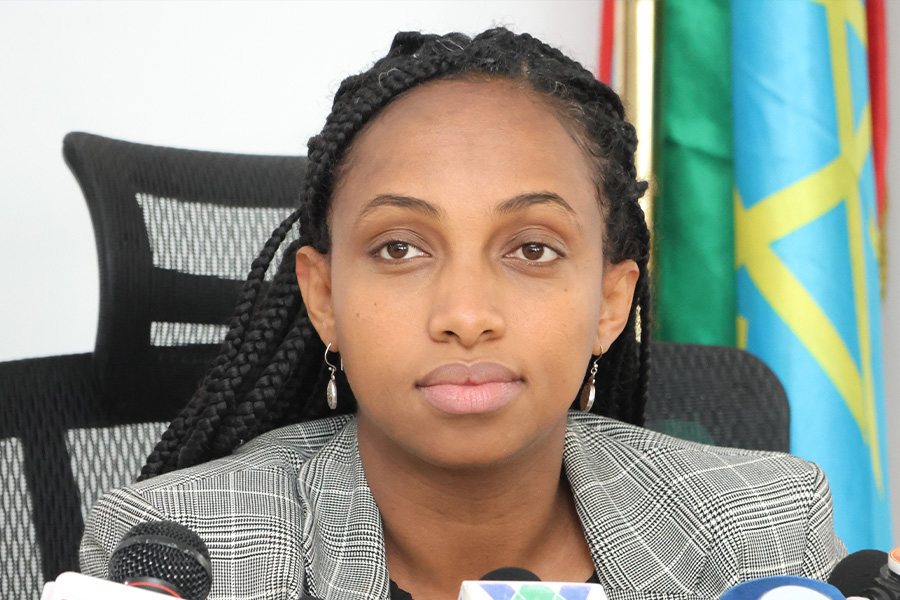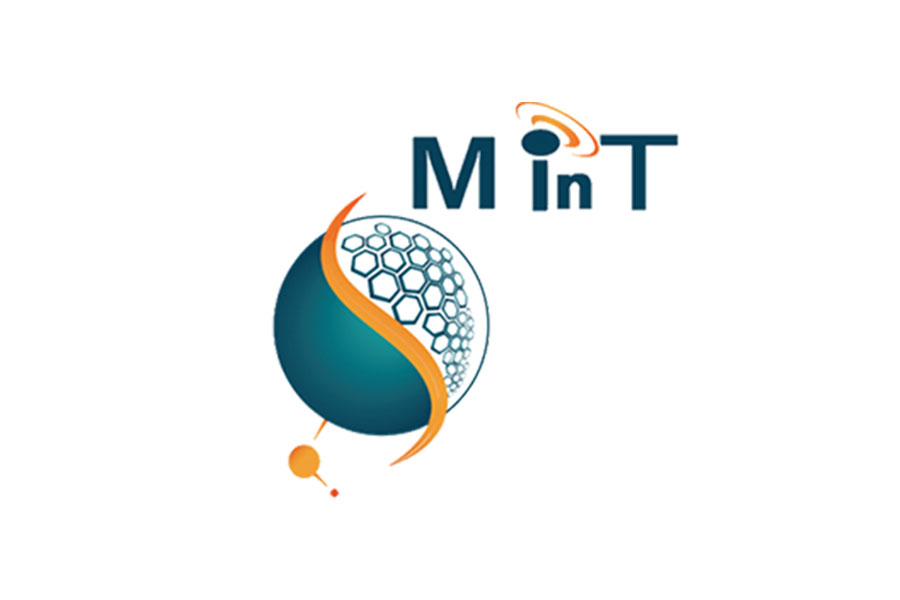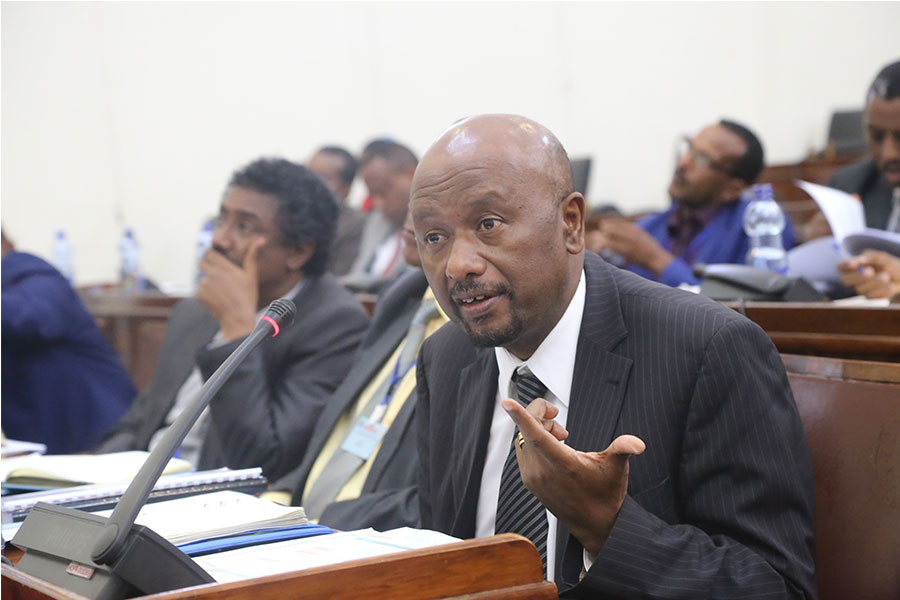
Fortune News | Apr 02,2022
Yodahe Zemichael seems determined to push the national ID project past the pilot stage, onboarding up to 10 million people in the next phase.
Tasked to oversee a nationwide identification card programme, he wrapped up a six-month pilot project last week.
A uniform ID regime is becoming urgent as rural-urban migration increases rapidly. The federal and regional state governments depend on several paper-based administrations for personal identification. The most common and widely accepted are ID cards issued by 16,000 kebeles across the country. Driving licenses, pensioner cards, community-based health insurance booklets, and tax identification numbers (TIN) are also used. However, interoperability of the various ID systems is nonexistent.
Yodahe’s office attempts to digitise the civil registration system. It targets to link unique national ID numbers to vital events such as birth, death and marriage registrations.
It is a long-drawn ambition eluding federal authorities for over a decade.
The national ID programme was launched in the mid-2000s by the Information Network Security Agency (INSA) in partnership with the former Ministry of Information & Communication Technology. The World Bank supports the programme through the digital foundation project, approving a 200 million dollars loan last year.
Although officials planned to kick off the programme a decade later, the initiative remained on the drawing board until it was launched recently. The National ID Office under the Prime Minister’s Office began issuing electronic IDs eight months ago in urban centres such as Addis Abeba and Adama. Close to 100,000 people have thus far been registered. The upscaling of the programme will last until next July, Yodahe disclosed.
Yodahe has more than 15 years of experience in the private sector after graduating in mechatronics from Supérieure de Mécanique et des Microtechniques, a French engineering school. He began his public career as a technical consultant at the Science & Technology Information Centre, where he worked for three years until 2017. He was appointed as an advisor at the former Ministry of Science & Technology before joining the Office of the Prime Minister as principal technical advisor.
Last year, Yodahe was picked by Prime Minister Abiy Ahmed to head the national ID office, tasked with registering 70 million citizens by the end of 2025. His Office has made deals with 40 public and private institutions to help carry out the enormous task.
Under the management of Sandokan Debebe, chief executive officer (CEO), the Industrial Parks Development Corporation (IPDC) is one of the public agencies that has teamed up with the Office. The Corporation oversees the operations of 13 industrial parks. The Corporation began registration at Bole Lemi Industrial Park, on the outskirts of Addis Abeba, where close to 23,000 people are employed.
Nearly 18,000 workers have been registered, according to Tinsae Yimam, the Park’s general manager. A little over 350 registration kits were deployed at the Park to facilitate the registration process.
The ID Office has distributed over 1,000 registration kits with accessories from computers and tablets to fingerprint pads, cameras and light-emitting diode (LED). A single kit costs between 2,000 dollars and 3,500 dollars.
Yodahe’s Office is also seeking help from the financial sector. The Commercial Bank of Ethiopia (CBE), Awash, Dashen, Abyssinia and Oromia Cooperative banks are among its partners working to speed up registration. The Cooperative Bank of Oromia (CBO) has thus far registered 720 people, disclosed Tolera Solomon, director of public relations.
Launching the national ID pilot programme was a source of relief for commercial banks, which have been challenged by the lack of a unique and standard identification system. It is a dilemma made more pressing by a central bank’s directive issued last year, compelling banks to know their customers and verify their data to consolidate multiple accounts under one unique ID. The National ID Office has provided an application programming interface, enabling an open data source for know-your-customer (KYC) verification. The registered information is stored in an accessible database.
Last January, Tech5, a tech company headquartered in Geneva, Switzerland, was selected as a technology provider for the programme. The company, founded in 2018, has supplied its technologies for face, fingerprint, and iris biometric identification, for no cost to the Office.
“Services will include annual maintenance when it’s due in the future,” said Yulia Thomas, vice president of marketing, responding to Fortune queries through email
The Geneve-based company has contracts in Africa. Two months ago, it reached a deal with South Africa-based Contactable to provide its T5-AirSnap Face technology.
Offering complimentary services is a standard marketing strategy international companies follow to secure lucrative deals, observes Dagmawi Samuel, general manager of Wala ICT Consultancy, a company in business for four years.
“The government should be aware of such intentions before going forward with the deal,” he said.
Yodahe and his team will use the technology provided by Tech5 for the next phase. Officials disclosed their plans to float an international bid to select a technology provider after the upscaling of the programme is completed.
The ID Office hired Ernst & Young, the London-based consultancy firm, to facilitate the programme’s rollout.
PUBLISHED ON
Aug 06,2022 [ VOL
23 , NO
1162]

Fortune News | Apr 02,2022

Radar | Jan 21,2023

Fortune News | Nov 09,2024

Radar | Dec 16,2023

Radar | Nov 30,2019

Radar | Apr 30,2022

Fortune News | Jan 12,2019

Fortune News | Sep 10,2021

Radar | Feb 08,2020

Radar | Sep 17,2022

Dec 22 , 2024 . By TIZITA SHEWAFERAW
Charged with transforming colossal state-owned enterprises into modern and competitiv...

Aug 18 , 2024 . By AKSAH ITALO
Although predictable Yonas Zerihun's job in the ride-hailing service is not immune to...

Jul 28 , 2024 . By TIZITA SHEWAFERAW
Unhabitual, perhaps too many, Samuel Gebreyohannes, 38, used to occasionally enjoy a couple of beers at breakfast. However, he recently swit...

Jul 13 , 2024 . By AKSAH ITALO
Investors who rely on tractors, trucks, and field vehicles for commuting, transporting commodities, and f...

Nov 1 , 2025
The National Bank of Ethiopia (NBE) issued a statement two weeks ago that appeared to...

Oct 25 , 2025
The regulatory machinery is on overdrive. In only two years, no fewer than 35 new pro...

Oct 18 , 2025
The political establishment, notably the ruling party and its top brass, has become p...

Oct 11 , 2025
Ladislas Farago, a roving Associated Press (AP) correspondent, arrived in Ethiopia in...